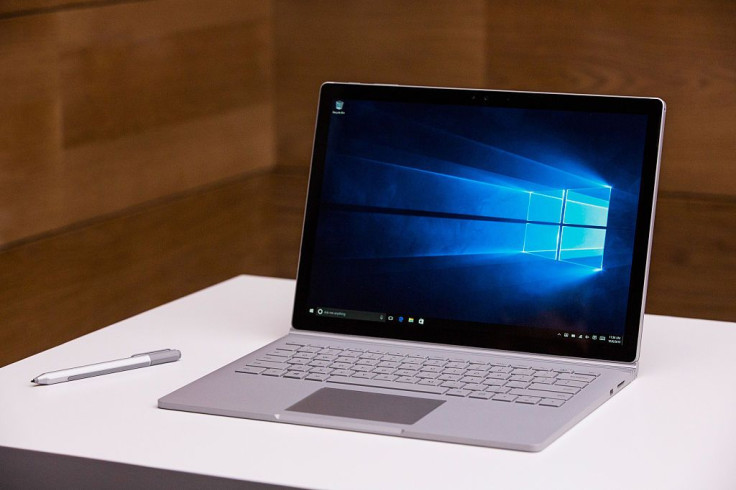Microsoft Confirms Chromium Edge Browser; Mozilla Not Happy With Switch

Microsoft has confirmed that it is indeed switching to a Chromium web browser for its Windows PCs and that it would still be called Edge. Although the switch would mean a better overall experience for users and developers, Firefox creator Mozilla isn’t too happy about the news.
The switch to Chromium from EdgeHTML for the Edge web browser on Windows devices was confirmed in a blog post by Microsoft corporate vice president Joe Belfiore. Chromium, for those unaware, is an open source rendering engine for web browsers that’s mostly known for powering Google Chrome. Despite the huge change to Edge, Microsoft won’t be renaming its default web browser.
Belfiore explained that they decided to switch to Chromium because it would provide better web compatibility for developers. EdgeHTML, the current rendering engine of Edge, was created by Microsoft as a direct competitor to Chromium, and it tried to deliver a fast and secure experience to Windows 10 users. Unfortunately, EdgeHTML had compatibility problems with websites, to the disappointment of both users and web developers.
“Ultimately, we want to make the web experience better for many different audiences,” Belfiore said. “People using Microsoft Edge (and potentially other browsers) will experience improved compatibility with all web sites, while getting the best-possible battery life and hardware integration on all kinds of Windows devices.”
Belfiore didn’t say when they intend to make the switch to Chromium for the Edge web browser. When the time comes however, people who are already using Edge won’t have to worry about anything. The change will mostly happen under-the-hood, but users should notice more consistency in how webpages render, according to The Verge.
This new version of the Microsoft Edge browser will be available on Windows 7, Windows 8 and Windows 10. Belfiore also hinted that Edge might also make its way to Apple’s macOS computers, but he didn’t say outright that it will indeed happen. Unsurprisingly, Google sees Microsoft’s decision to switch to Chromium as a good idea.
“Chrome has been a champion of the open web since inception and we welcome Microsoft to the community of Chromium contributors,” a Google spokesperson told VentureBeat. “We look forward to working with Microsoft and the web standards community to advance the open web, support user choice, and deliver great browsing experiences.”
Meanwhile, Mozilla isn’t too pleased with the decision. Mozilla, the developer of Firefox, believes that Microsoft’s decision makes sense from a business standpoint, but the company is handing Google more power and control over the web.
Mozilla is advocating to keep the web open and accessible to everyone by providing developers tools and apps “that put people before profit.” Firefox is the only independent browser that’s not tied to a major tech company.
“From a social, civic and individual empowerment perspective ceding control of fundamental online infrastructure to a single company is terrible. This is why Mozilla exists,” Mozilla CEO Chris Beard said in a blog post.
“We compete with Google not because it’s a good business opportunity. We compete with Google because the health of the internet and online life depend on competition and choice. They depend on consumers being able to decide we want something better and to take action.”
© Copyright IBTimes 2025. All rights reserved.



















